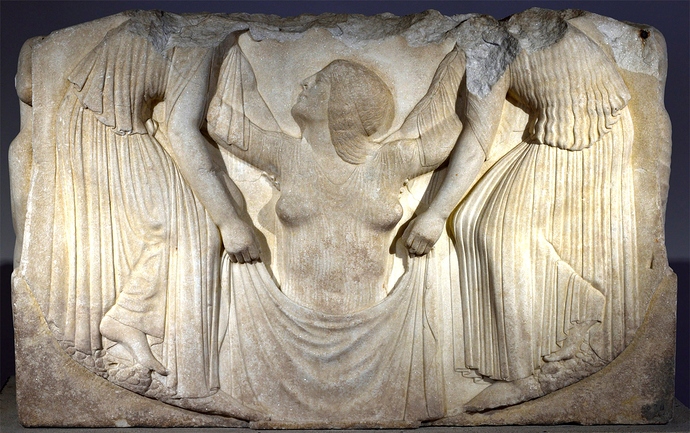Hi Eddie - if you follow the link I gave The Collected Letters of C.S. Lewis, Volume 3: Narnia, Cambridge, and Joy ... - C. S. Lewis - Google Books it should have directed you to page 318 in Google’s online text of the “Collected Letters, Volume 3” book, where his letter to Corbin Carnell begins. Not sure why it isn’t working for you, but in any case here’s an excerpt:
You see, the question about Jonah and the great fish
does not turn simply on intrinsic probability. The point is that the whole
Book of Jonah has to me the air of being a moral romance, a quite different
kind of thing from, say, the account of King David or the New Testament
narratives, not pegged, like them, into any historical situation.
Here’s another link I just found, on another site, to the text of the letter: C. S. Lewis on Inerrancy, Inspiration, and Historicity of Scripture
As for distinguishing fictional narrative from historical narrative - this is an art, not a science, of course. Judgments will sometimes vary. But to my mind, when one finds a narrative that is full of hyperbole, farce, and other anti-realistic improbabilities, fiction is a pretty good bet.
As for miracles in particular: when I find a narrative that reports one miracle after another at face value and moves on without remark, as if such things are almost blase - such as being swallowed by a fish and surviving 3 days, or being sheltered by a plant that grows to full maturity in a matter of hours - both of which are reported in Jonah with blase factitude - then I am skeptical about their historicity. Contrast this with the gospel accounts of the resurrection - a far smaller miracle than many reported throughout the bible, but one with the ring of verisimilitude on account of how much it is reflected and commented upon. After all, if something miraculous were to actually happen in history, it would surely be marveled at by those who witnessed it, over and over, and they would ponder its significance - not just record it and move on, as if it was an everyday happenstance. But in fiction, especially fantasy writing and so forth, we may expect such blase reportage, when to do otherwise would get in the way of the author’s purpose (eg, propelling the narrative forward in its theme). So, that’s one key difference I see between the NT accounts of the resurrection and so many of the Bible’s other miraculous accounts, especially in OT books like Jonah.
